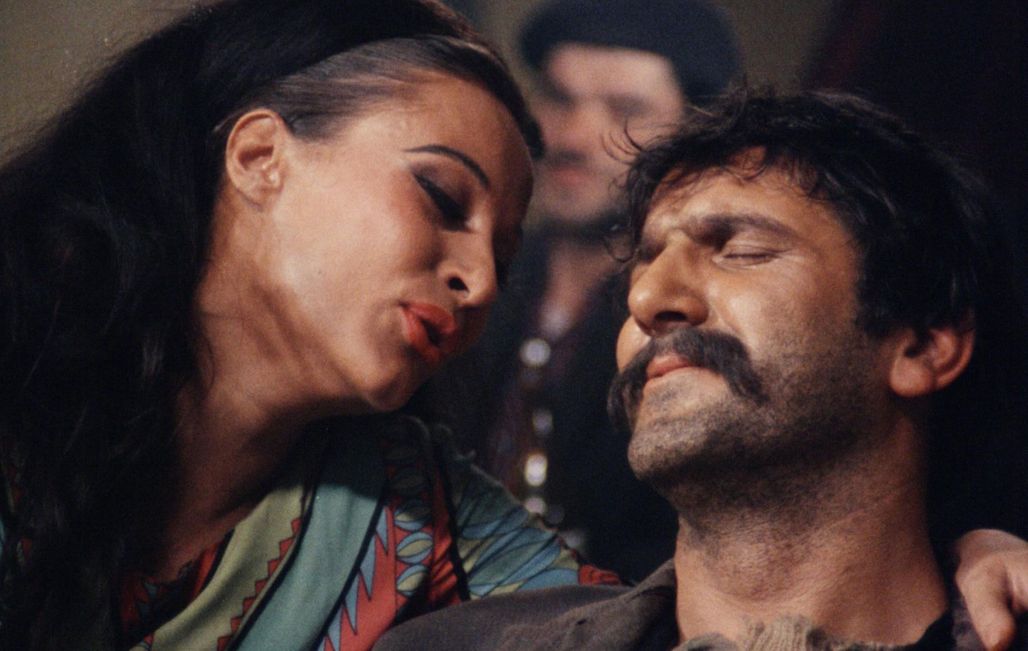
Gypsy songs at Cannes Classics

Radmila Petrovic Cvoric is the President of the Association for the Safeguard of the works of Aleksandar Petrovic, the Yugoslavian director who passed away more than twenty years ago, and is also his sister. She talks about the feature film Skupljači perja (I Even Met Happy Gypsies), which is presented at Cannes Classics as a restored print, fifty years after the film won the Grand Prix at the Festival de Cannes 1967.
Your brother looked into the life of gypsies. What did the film manage to show at the time?
In 1967, I Even Met Happy Gypsies was the first film to show Roma people in their environment, speaking their own language, with unprofessional actors. This film is at the origin of two important decisions for gypsies. The song Djelem Djelem, sung by Olivera Vuco, who is a Serbian, not Romanian, actress, became the international hymn for gypsies. Then, a debate took place in France after the screening of the film at the Cinémathèque de Paris in front of Roma representatives and government officials. This debate resulted in a circular dated 1967 recognising the necessity to provide schooling for nomadic children.
The film won a lot of awards: at Cannes, in Yugoslavia at the Pula Film Festival, it was selected at the Academy Awards for Best Foreign Film in 1968, at the Golden Globes… In Yugoslavia, it was chosen as best film in the history of the country's film industry. Tito, the supreme governor of communist Yugoslavia, was delighted that people were saying good things about his country following the success of I Even Met Happy Gypsies.
Do you have any anecdotes about the film to share?
A little anecdote that my brother told me:
"Following the success of the film at Cannes and Pula, Tito invited the delegation of workers in the film industry to his summer house on the Brijuni Islands. He was used to watching a film nearly every evening, especially American westerns, which is paradoxal for a communist. He also liked my film. Tito showed us around his estate, he looked like a rich South-American planter. This is when I made a real blunder. Tito seemed cheerful and relaxed after a few glasses of whisky, so I thought it was a good time to ask him a question that had been on my mind for a long time: "Camarade President, could we do something for our gypsies?" Tito replied: "And how do you imagine that, Petrovic?". This was followed by a heavy silence and it was suddenly very cold even though it was the summer."
What kind of director was Aleksandar Petrovic? Can we say that he "was a committed director"?
War, politics and communism all played a fundamental role in my brother's work and career. He used to say: "artistic truth is more important and deeper than political truth, in any case, it's the most sustainable". The trauma of the Nazi occupation, bombings of Belgrade and the exodus were the inspiration for nearly all his films. He wasn't the only committed author in the Yugoslavia of the Sixties and Seventies, but he was particularly sensitive and had a gift for observation which he used to depict society as it is, which wasn't to the liking of Tito's regime. Two of his films (It Rains In My Village and The Master and Margaret) were banned in Yugoslavia for years, and he wasn't able to make films there for 18 years.


